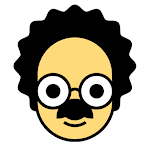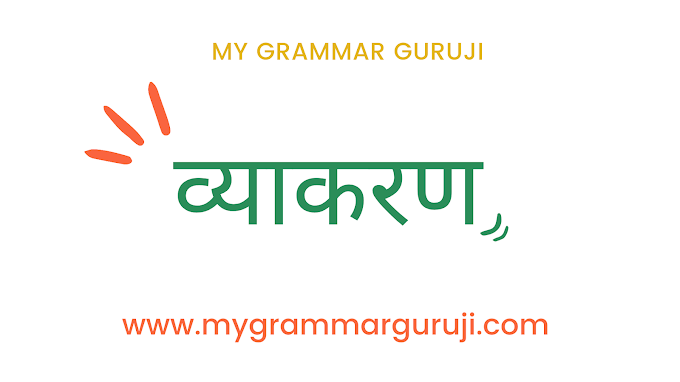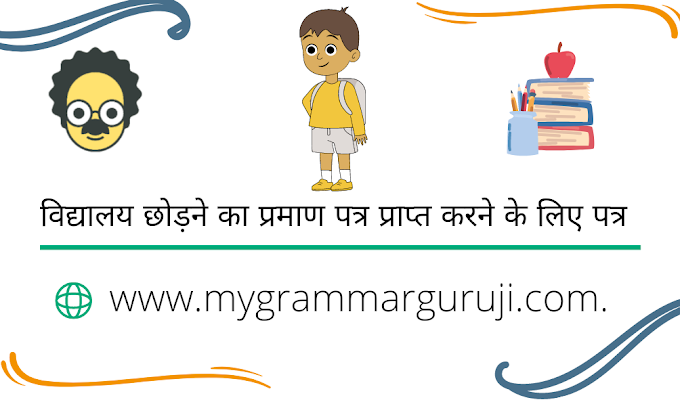CLAUSE
A clause is comprised of a group of words which includes a subject and a verb. A clause contains only one subject and it's own predicate.
Types of Clause
Clauses are mainly of two types:
- Independent Clause.
- Dependent Clause.
1. Independent Clause
An independent clause functions on its own to make a meaningful sentence and looks much like a regular sentence. An independent clause contains a subject and a verb and expresses a complete thought. It is independent and can stand alone as a complete sentence.
In a sentence two independent clauses can be connected by the coordinating conjunction : and, but, so, or, nor, for, yet.etc.
Example:
- He is a wise man.
- I like him.
- Can you do it?
- Do it please. (Subject you is hidden)
- I read the whole story.
- I want to buy a phone, but I don’t have enough money. (Two independent clauses)
- He went to Agra and visited the taj mahal. (Subject of the second clause is ‘he,' so “he visited the Taj mahal” is an independent clause.)
2. Dependent Clause.
A dependent clause contains a subject and a verb but it does not express a complete thought. It is dependent on a main clause and cannot stand alone as a complete sentence.
A dependent clause alone cannot form a complete sentence. Dependent clauses help the independent clauses complete the sentence.
Dependent clauses start with a subordinate conjunction : after, as, became, till, until, by, whom, if, that, etc.
Example:
- When I was dating kavya, I had an accident.
- I know the man who stole the watch.
- He bought a car which was too expensive.
- I know that he cannot do it.
- He does not know where he was born.
- If you don’t eat, I won’t go.
- He is a very talented player though he is out of form.
Adjective, Adverb, and Noun Clauses.
Adjective Clauses.
- The kids who live in this neighborhood take the bus to school. (Modifies kids)
- Pankaj who is my best friend lives in that hostel. (Modifies pankaj)
- The rabbit that ate my garden vegetables lives next door. (Modifies rabbit)
- Priya whose father is a English professor. (Modifies priya)
- The bike that I won at the raffle got a flat tire. (Modifies bike)
Adverb Clauses.
- Call me when you get home. (Answers when)
- I cooked dinner while the kids were playing outside. (Answers when)
- This is the store where the robbery took place. (Answers where)
- Bring extra clothes since we might get wet at the beach. (Answers why)
- You can have another cookie if you tell me your secret. (Answers how)
Noun Clauses.
- That store is where I bought your favorite shoes.
- You get to choose which restaurant we go to tonight.
- The reason we were late is because my car ran out of gas.
- Pari is the only one who knows my secret.
- My dog will sleep wherever he wants.






No comments:
Post a Comment
Thank you! Your comment will prove very useful for us because we shall get to know what you have learned and what you want to learn?